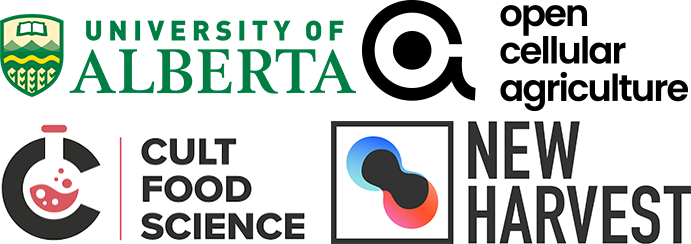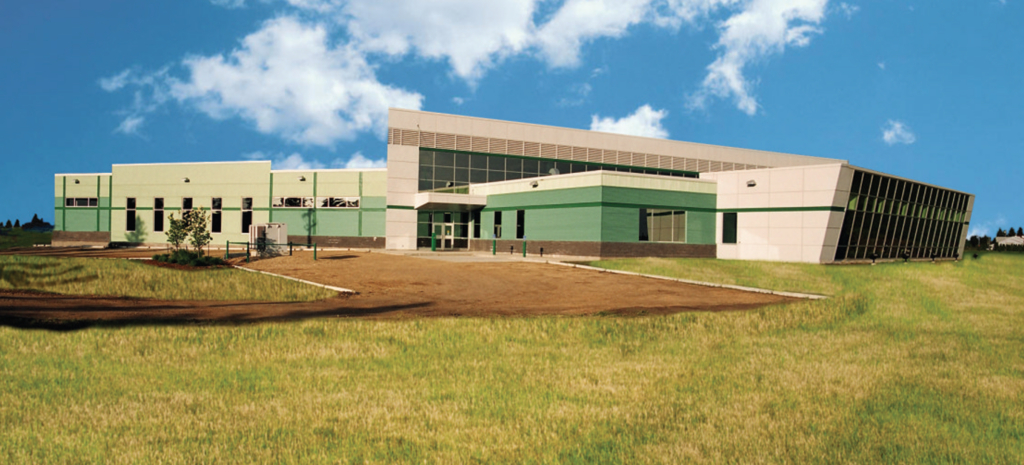Fourteen years ago, I learned about the idea of growing meat from cells in a meat science class at the University of Alberta.
Fourteen years later, I’m thrilled to share that New Harvest is working towards developing an Institute of Cellular Agriculture at my alma mater.
Under the banner of our OpenCellAg initiative alongside CULT Food Science, this innovative strategic partnership will provide infrastructure, support, and funding opportunities for innovators and researchers creating the future of food through cellular agriculture.
This is an important piece of our work to build a global network of excellence, and a milestone for Canadian advancement in this field.

Why the University of Alberta? It’s incredibly well-suited to advance cellular agriculture:
- Agri-Food Discovery Place, the site of the proposed institute, is one of the few facilities that is equipped for cell culture, large scale fermentation, and food science all under one roof.
- A recent university restructuring has merged the Faculties of Science, Agricultural, Life & Environmental Sciences, and Engineering, creating the ideal interdisciplinary environment for cellular agriculture to thrive.
- The U of A has demonstrated world-class research excellence in both agricultural and biotech discoveries.
- Cellular agriculture continues the U of A’s ahead-of-its-time legacy in scale-up bioprocess engineering.

Agri-Food Discovery Place is a University-owned pilot plant facility. It is a world-class innovative research, training, and technology transfer facility and provides education to highly qualified individuals. Image from UofA
Why Alberta?
- The Canadian Prairies are the source of important inputs in the alternative protein industry. Creating a “sense of place” for cellular agriculture proximal to sustainably-grown feedstock materials will be critical to cellular agriculture’s success.
- The U of A is just minutes away from the largest public fermenter in North America, where scale-up is explored for companies around the world working with microbial and fungal fermentation processes. The local ecosystem has the full suite of innovation infrastructure for cellular agriculture from discovery to market.
To learn more, here’s the full press release. I can’t wait to share more as this develops.
By the way: Do you want to help? We’re currently seeking philanthropists interested in working with us to support one of the first endowed chairs in cellular agriculture.
Don’t hesitate to reach out to me at isha@new-harvest.org
Watch this space!

